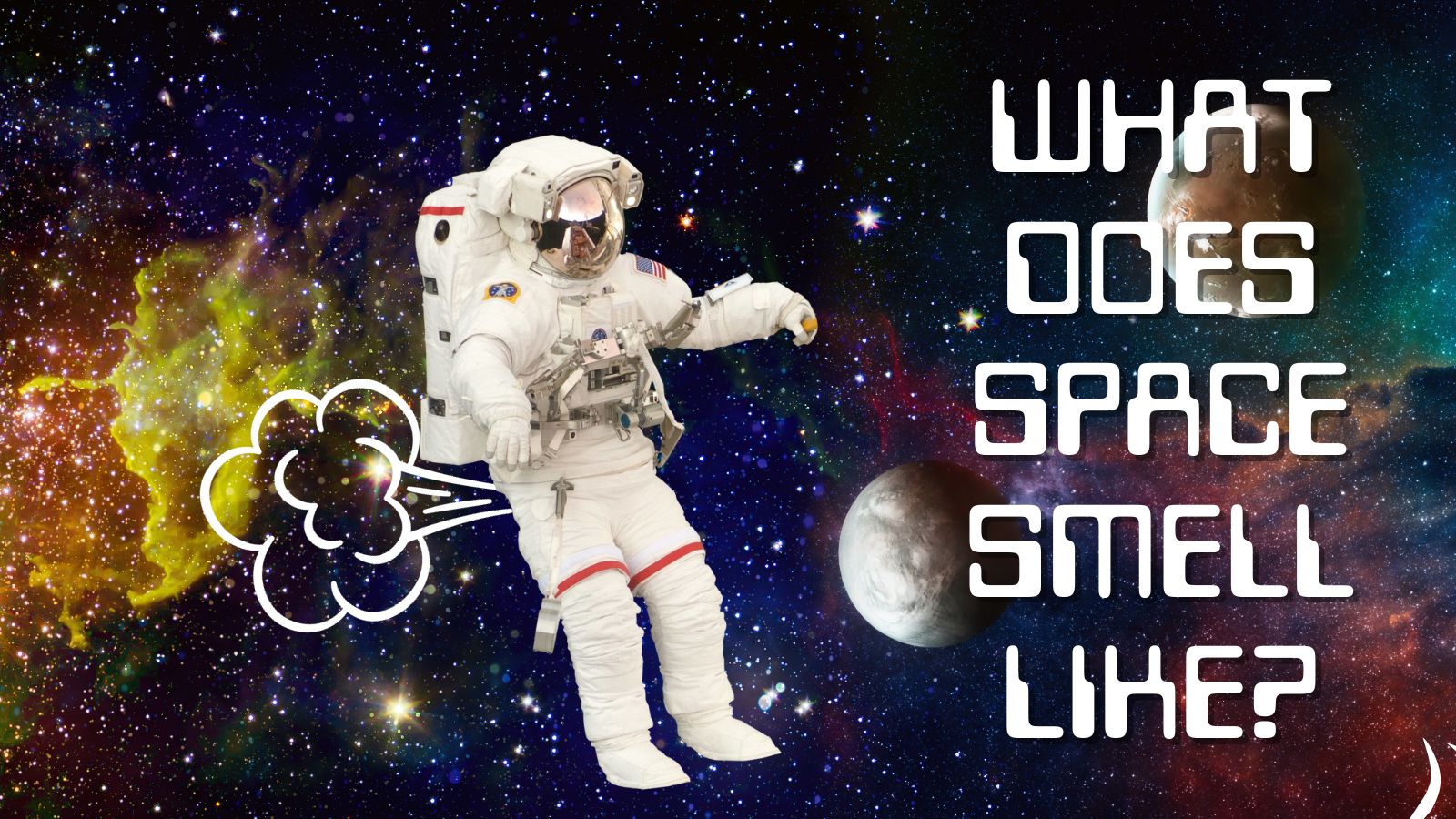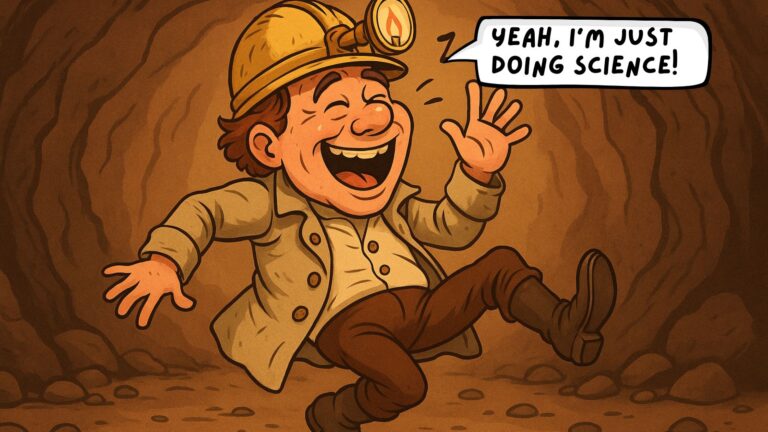Space is a trip. Ponder how the overwhelming majority of everything is really… nothing. No air. No up or down. In the vastness of the universe, things just float around. We’re so accustomed to our little ball of mass with its associated gravity that it’s nearly impossible to imagine anything else as the normal state of things. As space is a vacuum, meaning there’s no air or much of anything else, we have to ask, what does space smell like? Can it even have an odor? Is there anything in it for our noses to detect?
Opening the Window to Find Out
Part of the difficulty in answering this question results from our inability to open a window and take a whiff. Sure, it’s technically possible for an astronaut to do that, but that one inhale will be their last unless they’re somehow able to get back inside and regenerate the air supply post haste.
With absolutely zero oxygen intake, a human would lose consciousness in about 15 seconds, give or take. Thinking of taking a deep breath before opening the door? Don’t do that either. Let’s keep the gore out of this and say the air in your system would expand, causing damage to your lungs, and various stuff inside you would start to boil.
If the short-term effects of space exposure aren’t harmful enough, you also have to worry about micrometeorites (pretty unlikely) and radiation effects. Oh, and it’s cold, something like minus 250 degrees Fahrenheit.
Bottom line? We can’t take a whiff of space to learn what it smells like.
The Space Mudroom
However, Astronauts have provided some insight into the “what does space smell like” question. After playing outdoors, they eventually have to get back into the house via the space mudroom, which engineers call an airlock.
So, picture the scenario where an astronaut or two come back from space into an airlock, then hit the “pressurize” button, introducing some semblance of a normal, breathable atmosphere into the airlock. When that process is complete, they can remove the helmet and take a whiff. And, of course, when they open the door between the airlock and the rest of the ship or station, other astronauts inside get a sampling of whatever odors they brought in.
Smells Like…
Many astronauts have described the unique smell of space. Keep in mind they’re describing the smell of our solar system. Other systems and galaxies have entirely different smells, ranging from delicious berries to rotten eggs—and everything in between.
As for the closer-to-home odors, most spacewalkers describe a burning smell, usually like a burnt metal. Astronaut Don Pettit spent summers during his youth doing lots of welding while repairing large machinery and describes the space scent in terms similar to freshly welded metal.
Others liken our space to charcoal grills, burnt meat and ozone. Of course, we all have unique sniffing abilities and detect and describe scents differently, but the “burnt” descriptor comes up nearly every time.
Generated Smells?
One possibility for at least some of the smell is minor chemical reactions occurring when the spacewalker brings in “debris” from outside in the form of molecules and atoms stuck to their suits, helmets and equipment.
While space is mostly a vacuum, that doesn’t mean there aren’t lots of particles floating around for eternity. For example, loose oxygen atoms may come in with the space traveler and, once inside, combine to form 02. Or, perhaps UV rays split O2 in the station or suit environments into single oxygen atoms, and they end up forming ozone.
The Smell of Death
Another source of space aroma is dead stars.
Polycyclic aromatic hydrocarbons aren’t limited to the cosmic universe. This stinky stuff in some foods and other natural compounds exists here on Earth, too. We also create it when burning things like wood, tobacco and meat. Are you seeing a connection?
Anyway, one significant source of polycyclic aromatic hydrocarbons is dying stars. When a star kicks the bucket, it doesn’t just fade out like a candle at the bottom of its wick. It’s a certified conflagration that scatters stuff into space with violent abandon. And remember, space is a near vacuum with no resistance, so things travel more or less forever. Eventually, we’ll catch it and smell it here in our own solar system.
Anyway, there you have it. The next time a restaurant server anxiously awaits my evaluation of a freshly opened bottle of wine, I’m going to say, “Mmm! This one has notes of space!”








